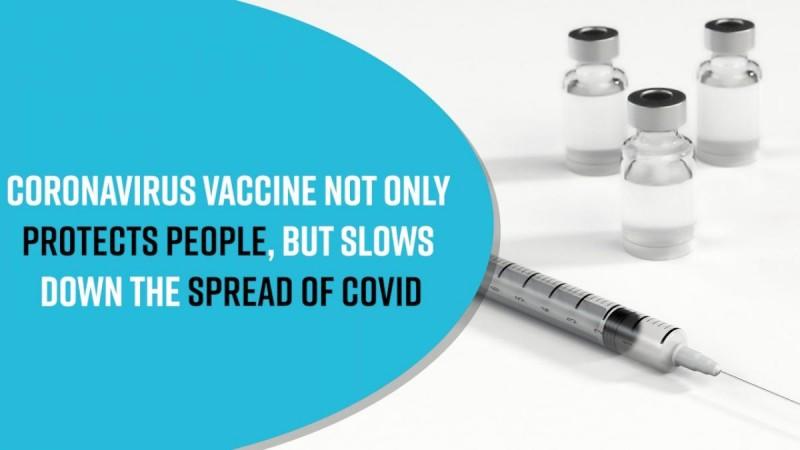Although clinical trial data are encouraging, real-world evidence with regard to the COVID-19 vaccine remains scarce. In particular, response to the vaccine among those previously infected with SARS-CoV-2 is still not completely understood.
Researchers from Bar-Ilan University and Ziv Medical Center now report preliminary evidence that people previously infected with the virus responded very strongly to one dose of the Pfizer vaccine, regardless of when they were infected and whether or not they had detectable antibodies against COVID-19 prior to receiving the vaccine.
Their study, published in the journal Eurosurveillance, was conducted on a cohort of 514 staff members at Ziv Medical Center. Seventeen of them were infected with COVID-19 anytime between one and ten months before receiving the first dose of the vaccine. Antibody levels of the entire cohort were measured prior to vaccination and thereafter to determine response to the vaccine.

"This finding can help countries make informed decisions regarding vaccine policy - for instance, whether those previously infected should be vaccinated in priority and, if so, with how many doses," says Prof. Michael Edelstein, of the Azrieli Faculty of Medicine of Bar-Ilan University, who led the study.
Immune response
The research also provided evidence that immune response was similar across multi-ethnic groups. Ziv Medical Center, where the study was conducted, is staffed by a workforce comprised of Jews, Arabs and Druze, among others. Recipients responded very similarly to the first dose of the vaccine, a welcome finding considering that the virus itself is known to affect some groups more than others.
The strong response to one dose of the Covid-19 vaccine among those previously infected regardless of the duration between infection and vaccination is good news. However, the researchers emphasize that their findings should be confirmed in a larger cohort before reaching definitive conclusions.
The researchers are continuing to follow healthcare workers after their second dose to better understand how long the vaccine will protect against COVID-19 in different groups of people.
















